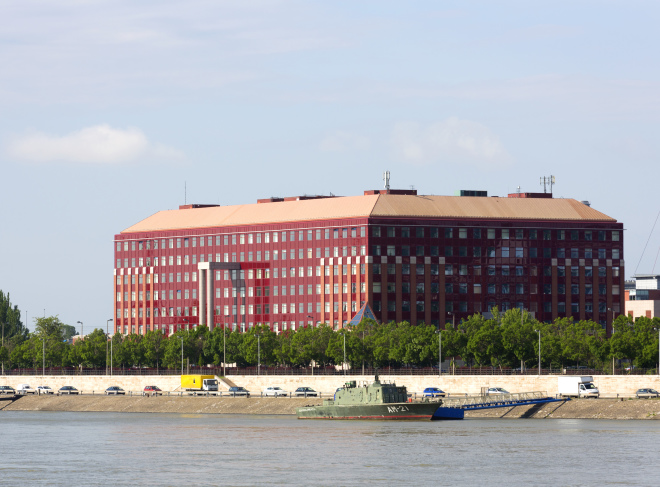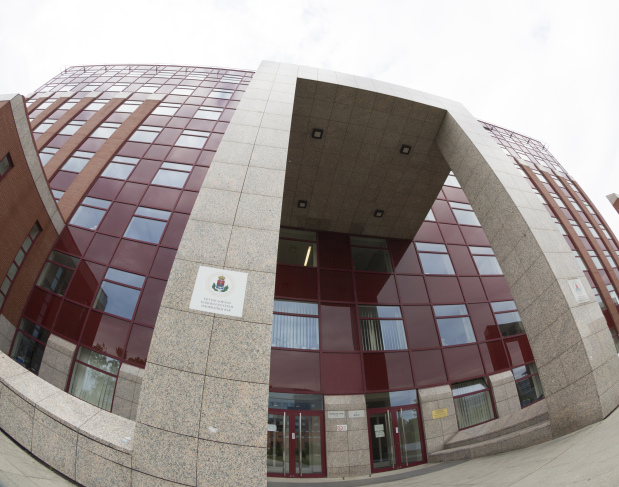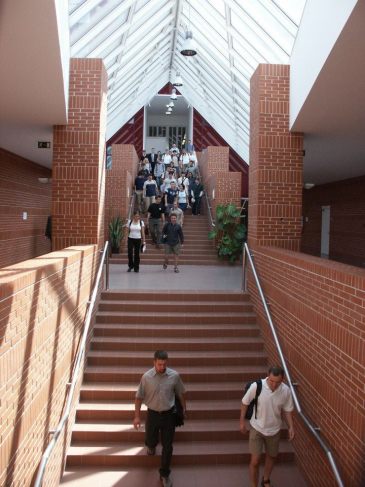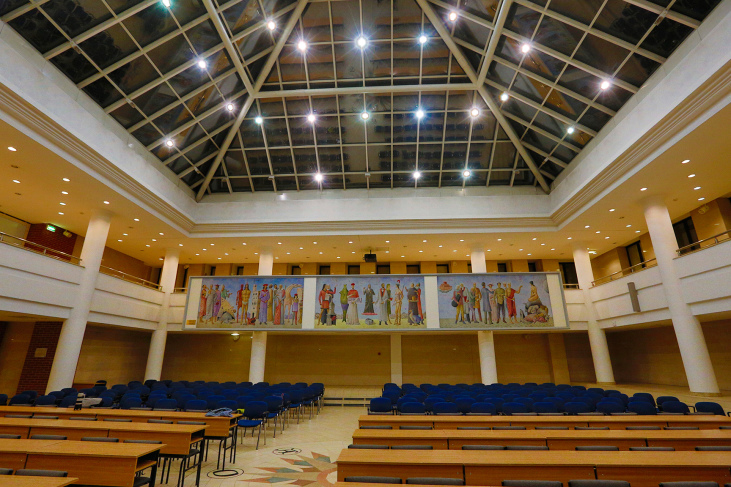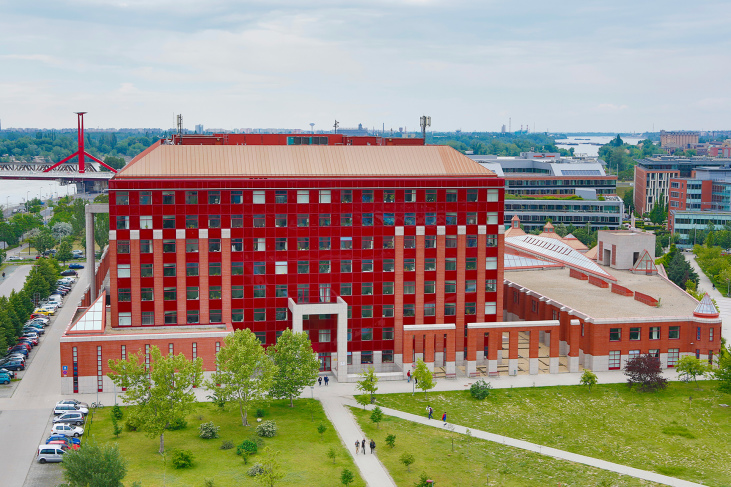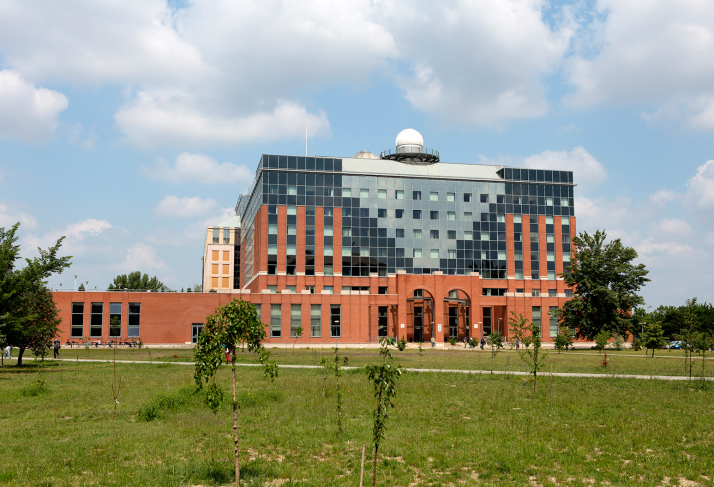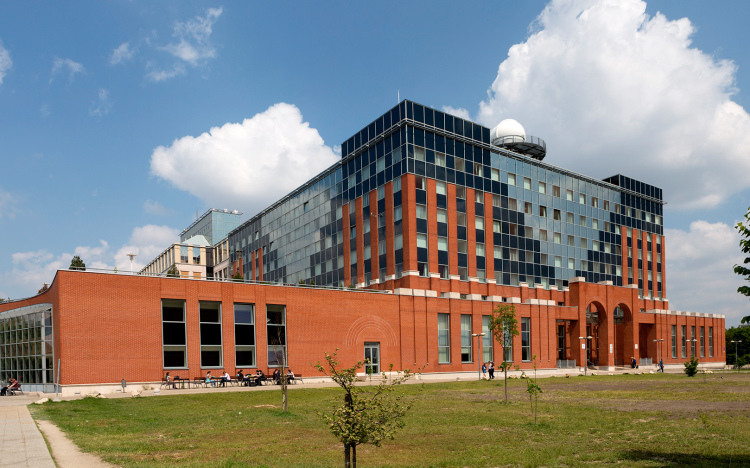Social Policy MA
Social Policy MA
Social policy expert
Degree program
Master
MSZKSOP
English
4 semesters (2 years)
120
10
25
As we understand it, social policy is an interdisciplinary social science discipline whose primary aim is to analyse social responses to social needs. As a problem-oriented discipline and activity, social policy combines sociological, economic, legal and social work knowledge.
Our MA programme aims to train social policy practitioners who, based on their theoretical and methodological knowledge, can participate in policymaking in the field of social policy, manage and contribute to the operation of the care system, represent social interests, and theorize, research, and teach social and social policy. The programme focuses on the European Union and the European social model, embedding it in a global context.
Tracks/Specializations:
There are no specializations, but students can tailor their learning path to their interests as they have a choice to take seven out of the eleven courses of the electives: Health Policy, Pension Policy, Employment Policy, Family Policy, Social Assistance, Welfare Services and Administrative Systems, Education Policy, Child Protection, Child Well-being, Social Gerontology, Disability Policy, Housing Policy.
The programme has been running successfully in Hungarian for over thirty years and has always been among the most popular at the Faculty of Social Sciences. Its founder was Zsuzsa Ferge, Professor Emerita, a full Member of the Hungarian Academy of Sciences, and former President of the Union of the Social Professionals Organizations.
The programme's popularity is due to the curriculum's continuous development and incorporation of student feedback into the education organization.
The ideal social policy expert has multidisciplinary knowledge and skills. They should be familiar with many policy fields in and outside social policy itself; they should understand human nature and behaviour and the rules and constraints of the surrounding economic and political world. Practising the profession requires thematic and analytical knowledge as well as presentation skills. Social policy analysis and planning are value-driven activities centred on a commitment to the values of equality and solidarity between people and unconditional respect for human dignity.
Graduates can find employment in central government and its background research institutions, independent research centres, local authorities, public administration offices, international organisations, service providers, in the for- and non-profit sectors, and in the field of human resource management, as well as in higher education and research.
- Research fellow in public and private social research institutes
- Manager / head of department in regional / municipal office for social welfare
- Head of various social care institutions
- Őroject manager in social development agencies
- Policy advisor for MPs, MEPs
1550 EUR
3500 EUR
EUR 50 (non-refundable) between 01/10/2024-15/11/2024______ EUR 100 (non-refundable) between 20/11/2024-30/04/2025______ EUR 180 (non-refundable) between 05/05/2024-31/05/2025
EUR 50 (non-refundable) between 01/10/2024-15/11/2024______ EUR 100 (non-refundable) between 20/11/2024-30/04/2025______ EUR 180 (non-refundable) between 05/05/2024-31/05/2025
3500 EUR
EUR 50 (non-refundable) between 01/10/2024-15/11/2024______ EUR 100 (non-refundable) between 20/11/2024-30/04/2025______ EUR 180 (non-refundable) between 05/05/2024-31/05/2025
01, Sep, 2025
31, May, 2025
No
Entry requirements:
BA or higher in: Social Work and Social Pedagogy.
In the case of other bachelor’s degrees: individual consideration.
If the BA degree does not meet all the necessary requirements, the applicant may be required to complete additional credits in the relevant fields during their first year of study to fulfil these requirements upon acceptance.
Language requirements:
Certification of English knowledge (both written and oral): B2
- IELTS Score: 5.5
- TOEFL iBT Band: 46-59
- Cambridge English Scale Score: 162
If the applicant is unable to prove their knowledge of English with any of the above certifications, their English knowledge will be assessed during the admission interview. Any letter of acceptance issued by the Faculty of Social Sciences is based on the verified fact that the applicant’s command of English has been assessed; therefore, they are considered eligible to pursue their studies at the institution.
If the applicant can prove that they completed their former education entirely in English by submitting a notarized attestation and a detailed academic transcript, no proof of language knowledge will be required throughout the admission process.
| Document | Comment |
| Online application form | |
| Bachelor-level degree | |
| Transcript of records | |
| Motivation letter | The general guidelines and expectations for the letter are: the applicants introducing themselves, their motivation, interests and goals with the programme. The length of the motivation letter is between 1500 and 4000 characters |
| Copy of the main pages of the passport | needs to be valid |
| Copy of application fee transfer | |
| Language certificate | if the applicant has one |
The application starts in the online application system. Students need to register in the system, fill in the online application form, upload the required documents and follow the instructions during the application process.
Students who hold Hungarian citizenship and/or dual citizenship, must apply through felvi.hu Please note that if an application is submitted not according to the aforementioned, it will be rejected.
Entrance examination and selection process:
The application deadline refers to the final submission of the complete application package through the online system.
For the September intake, there are three application periods:
- Early Bird Period: October 1, 2024, to November 15, 2024, 23:59 (CET)
- Regular Period: November 20, 2024, to April 30, 2025, 23:59 (CET)
- Last Call Period: May 5, 2025, to May 31, 2025, 23:59 (CET)
These distinct periods allow applicants the flexibility to submit their applications at their convenience. All applicants within each period have an equal chance of gaining admission to the programme.
After each application deadline, the Admission Board reviews the applications. After the admission interview, applicants are informed of the selection outcome through the online application system within approximately one month after the admission interview. Admission letters will be sent out through the online application system until the end of June. For February intake and Early Bird applications, admission letters will be sent out through the online application system until the end of December.
Applicants with a full application package will be notified after the application deadline about the exact time and date of application interviews conducted via Ms Teams. Applicants are responsible for having technically suitable conditions for the interview from their side
Applicants are expected to be prepared taking questions regarding the compulsory admission materials (see: Recommended readings for the entrance exam) from the side of admission committee composed of a professor, a lecturer and a student representative.
Based on the results, certain students may be placed on a waiting list. Final results are expected by the first half of August.
Type of entrance examination: Oral
Place of entrance examination: Online
Further details of the entrance exam:
Oral exam:
During the exam, applicants will have a discussion on one of the topics listed below. The topics are based on Bent Greve (ed.): Routledge Handbook of the Welfare State. Second Edition, Taylor & Francis 2019, p. 5-80
- Public welfare
- Welfare State
- Fiscal welfare and occupational welfare
- Poverty
- Benefits in kind and in cash
Further details of selection and evaluation:
Applicants with a full application package will be asked to participate in an oral entrance exam. The institutional admission scores are based on a total evaluation of academic excellence (based on the submitted documents) and the results of the entrance exam. The entrance exam seeks to assess the general and professional knowledge and interest of the applicant.
A successful oral entrance exam is the prerequisite of getting admitted. If the applicant fails the oral entrance exam, the application will be rejected.
Dr István Sziklai
Associate Professor, Director of the Institute of Social Studies
Ms Ágnes GERTHEIS
Departmental Coordinator
E-mail: gertheis.agnes@tatk.elte.hu
TEL: 0036 1 372-2500/ 6630(ext)
International Office, Faculty of Social Sciences
TEL: +36-1-372-2500/6779
E-mail: international@tatk.elte.hu
Postal address:, Pázmány Péter sétány 1/A, Budapest, H-1117
More information
Faculty Website
Facebook page of the Faculty of Social Sciences
Faculty of Social Sciences
Faculty of Social Sciences
Eötvös Loránd University (ELTE) offers more than 60 degree programs in foreign languages in the fields of Education and Psychology, Humanities, Informatics, Law, Social Sciences and Science. Currently, about 2400 international students study at ELTE and the community of international students is growing from year to year. Check out what our international students think and discover the wide-range of opportunities waiting for you at ELTE. Join the growing international community of ELTE.
Eötvös Loránd University (ELTE) offers more than 60 degree programs in foreign languages in the fields of Education and Psychology, Humanities, Informatics, Law, Social Sciences and Science. Currently, about 2400 international students study at ELTE and the community of international students is growing from year to year. Check out what our international students think and discover the wide-range of opportunities waiting for you at ELTE. Join the growing international community of ELTE.
0
/
0

















0
/
0

